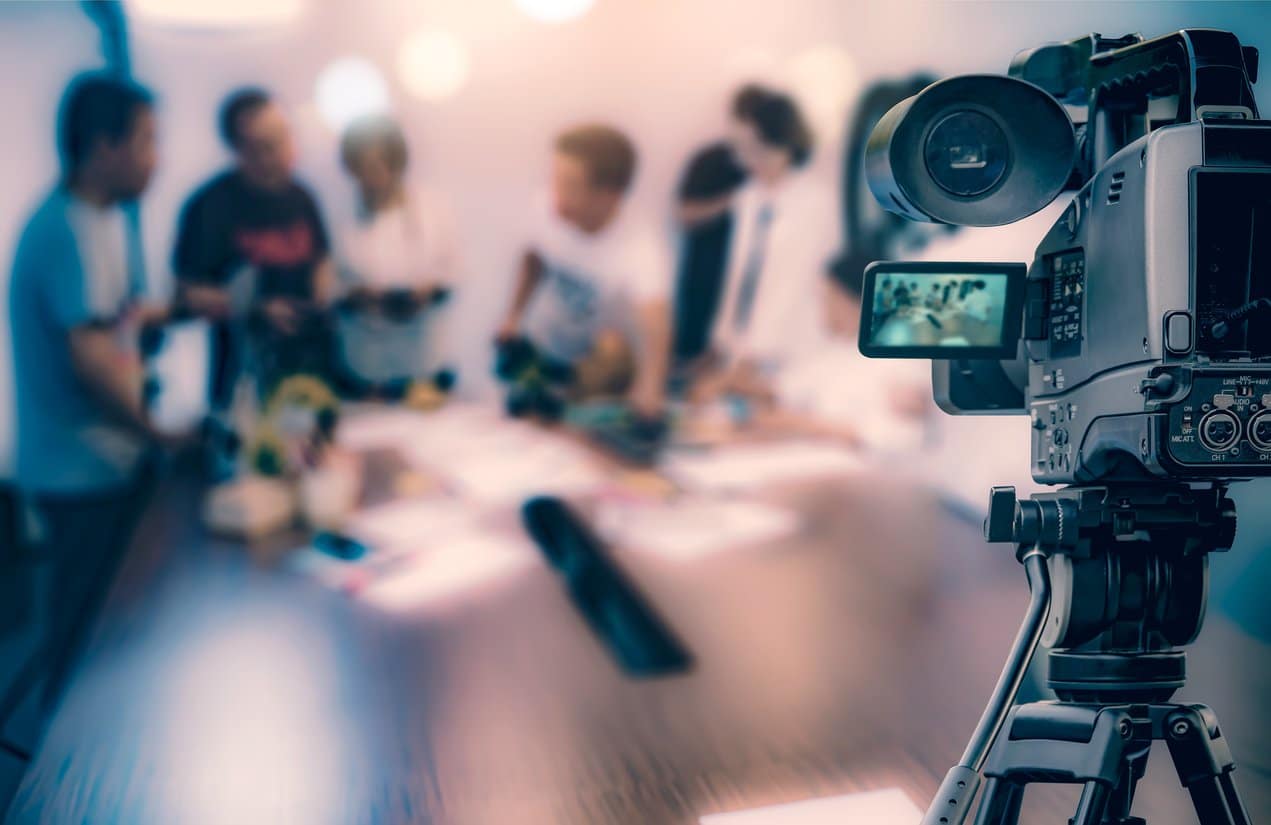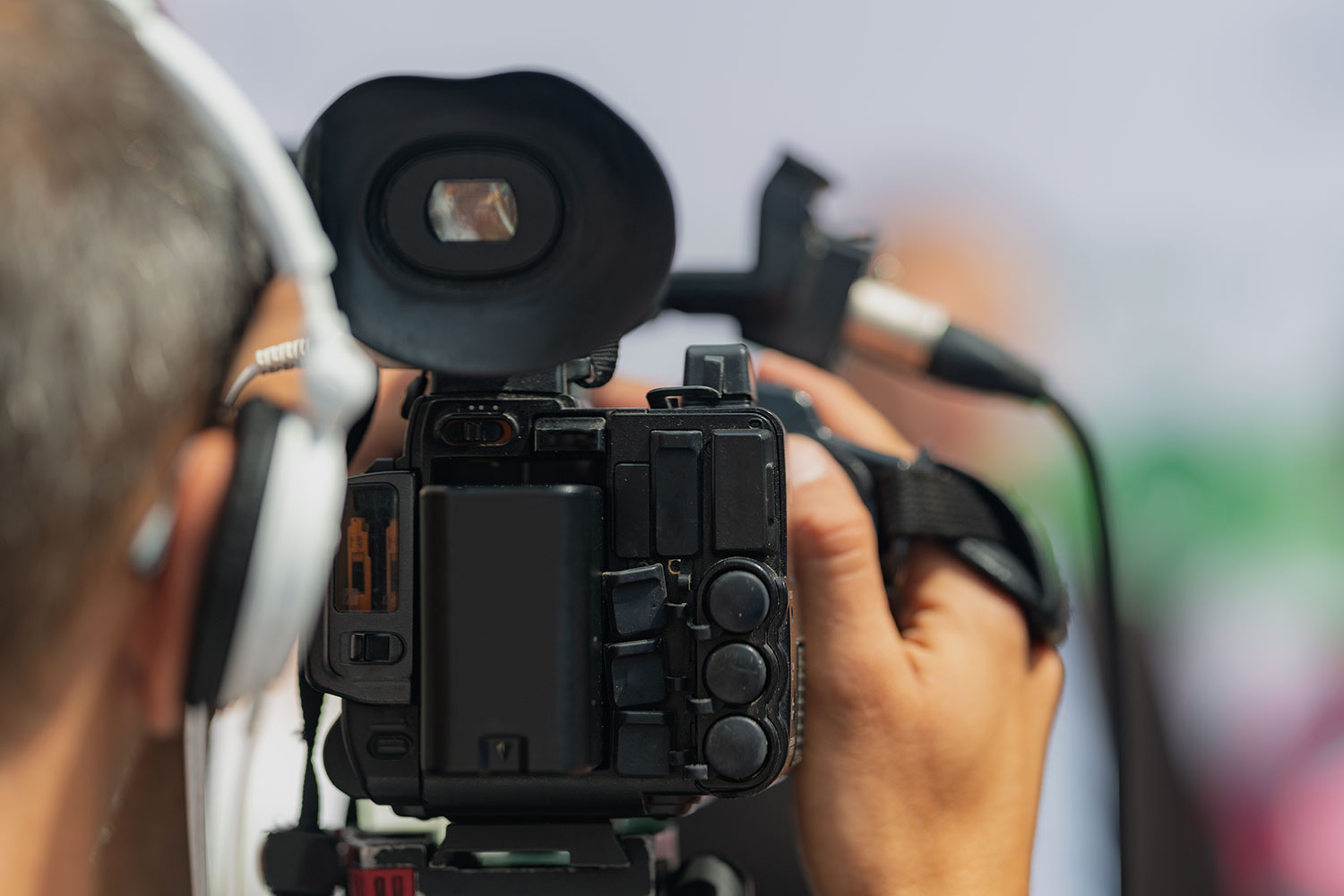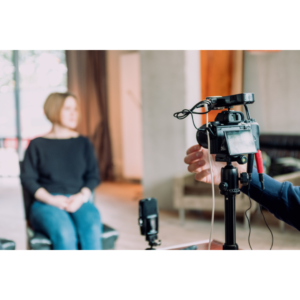Top-Notch Legal Videography for Trials.
Top-Notch Legal Videography for Trials.
Blog Article
The Function of Lawful Videography in Depositions and Trials
Legal videography has emerged as a crucial device in both depositions and tests, offering a multifaceted technique to recording witness testimonies. As legal professionals increasingly identify its value, it prompts a deeper exam of just how these visual records can affect juror perceptions and test outcomes.
Significance of Legal Videography
Legal videography plays an essential duty in the documentation and discussion of depositions and trials. This customized area incorporates technological skills with legal expertise to produce a trusted record of proceedings that can significantly influence instance outcomes. The appearance of legal videography enhances the understanding of witness testament, permitting jurors and courts to observe not only the talked words but likewise the demeanor, emotions, and body movement of the witnesses.

The significance of lawful videography expands past the court; it additionally plays an important role in preserving proof for future recommendation, whether for appeals or additional lawsuit. Its combination into the lawful procedure is crucial for guaranteeing a fair and exact depiction of the truths, inevitably contributing to the search of justice.

Refine of Legal Videography
While catching the subtleties of depositions and trials, the process of legal videography involves several important steps that make sure top notch, accurate recordings. Originally, a specialist lawful videographer prepares by examining the instance products and recognizing the particular needs of the deposition or test. This prep work includes familiarizing themselves with the participants and the context, which assists in catching essential information.
On the day of the recording, the videographer establishes the required equipment, which usually consists of high-def electronic cameras, microphones, and appropriate lighting. Ensuring ideal angles and audio quality is critical, as it straight impacts the effectiveness of the recording. The videographer communicates with lawyers and individuals to develop procedures, ensuring that everybody recognizes the recording process.
Throughout the deposition or test, the videographer carefully videotapes the process, paying close attention to both spoken and non-verbal signs. legal videography. This consists of catching the temperament and responses of witnesses and attorneys. After the session ends, the videographer may modify the video footage for quality and compliance with legal requirements, generating an end product that accurately reflects the procedures for future referral and usage in lawful contexts
Benefits in Depositions
The unification of videography in depositions provides many benefits that improve the total procedure of collecting proof. One key benefit is the capability to record witness testaments with visual and auditory fidelity, giving an extra precise representation of the witness's demeanor, tone, and body movement. This multidimensional method allows lawyers and juries to evaluate reliability better than conventional written records alone.
Additionally, videographed depositions act as an effective tool for preserving statement. Must a witness become not available for test, their recorded deposition can be played in court, making sure that their evidence continues to be easily accessible and relevant. This element dramatically decreases the threat check my source of shedding crucial info that could influence instance outcomes.
Moreover, using legal videography advertises better prep work for lawyers. Examining video clip footage allows legal teams to assess and refine their strategies, identifying toughness and weaknesses in their instances. This preparatory benefit can bring about more engaging discussions in court.
Finally, videography boosts the general expertise of the deposition procedure, instilling confidence in customers concerning the thoroughness of their legal representation. By leveraging modern technology, attorneys can considerably improve the performance of depositions.
Influence on Trials
In many trials, the combination of videography can considerably influence the discussion of proof and the jury's assumption. Legal videography catches witness testaments and important evidence in a vibrant layout, enabling jurors to engage with the material on several levels. This visual component boosts the storytelling facet of a trial, giving context and psychological vibration that typical text-based evidence might lack.
Furthermore, video recordings can function as effective devices for impeachment during cross-examination. When inconsistencies occur in between a witness's previous statements and their courtroom statement, video proof gives an objective reference that can guide jurors' viewpoints. This immediacy and clarity can bolster the integrity of an event's story while simultaneously undermining opposing disagreements.
Furthermore, making use of videography can assist enhance complex information, making it much more available to jurors who may battle to comprehend elaborate details presented only through spoken testimony. By incorporating visuals with acoustic information, lawful videography can boost retention and understanding, ultimately influencing the jury's decision-making link procedure. As a result, the influence of videography in tests prolongs beyond simple aesthetic appeals; it plays an important role in forming the lawful landscape and end results.
Future Trends in Legal Videography
As we look towards the future of lawful videography, a number of arising patterns promise to reshape its duty within the court. One significant pattern is the combination of artificial knowledge (AI) in video clip analysis and editing - legal videography. AI can streamline the process of determining vital moments in taped depositions, enabling attorneys to rapidly access relevant material, consequently enhancing effectiveness in instance prep work
In addition, the increase of online fact (VR) and enhanced reality (AR) modern technologies is expected to transform how jurors experience proof. By immersing jurors in a simulated atmosphere, these modern technologies can give a much more extensive understanding of intricate circumstances, leading to more informed considerations.

Furthermore, the raising need for remote depositions, increased by the COVID-19 pandemic, will likely proceed. Lawful videographers will certainly require to adapt to new software program and systems to guarantee top notch recordings in digital settings.
Finally, the growing focus on data safety and security will certainly demand stricter protocols for saving and sharing video clip proof. As the legal landscape evolves, legal videographers need to stay abreast of these fads to maintain their significance and effectiveness in the judicial process.

Conclusion
In recap, legal videography offers an essential function in the judicial process, improving the stability of learn this here now depositions and tests. By capturing the subtleties of witness testimonies, this medium not only preserves vital proof but likewise aids in presenting information effectively to jurors. The significance of visual documentation in examining trustworthiness and promoting cross-examination can not be overemphasized. As modern technology remains to advance, legal videography is poised to more transform its role within the lawful landscape.
Report this page